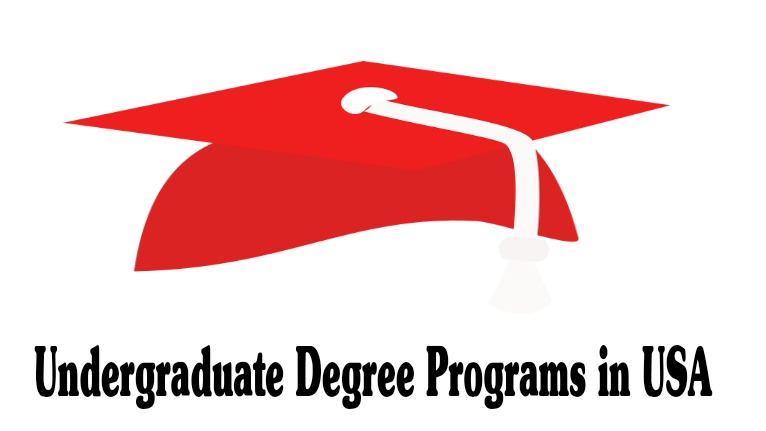Undergraduate Degree Programs in USA
Are You Seeking an Undergraduate Degree to Start or Expand Your Career Options? Depending on what stage in life you're at, undergraduate degrees offer many different possibilities that could open doors to success for you.
Bachelor's degrees are commonly offered at American universities, liberal arts colleges and community colleges and prepare students for entry into specific fields.
Bachelor's Degree Programs in USA provide four-year undergraduate education to those planning to continue on to postgraduate study, both academic and professional degrees being awarded in various fields.
Degrees typically take three or four years of full-time study to earn, depending on curriculum and program requirements. Certain universities also provide "honours" degrees with more stringent requirements - completion of specific honours seminars, independent research at a higher level than usual and writing of an extensive thesis are just a few of these requirements.
A bachelor's degree may also serve as an entry requirement to certain professional master's programs, including medicine, engineering, law and accountancy - in the latter cases typically taking an additional year of study for medicine students.
Master’s Degree
Master's degrees are post-baccalaureate academic credentials given to students who have already obtained a bachelor's degree, providing another step up in educational advancement that often leads to better job opportunities and greater earnings potential.
Master's degrees tend to focus on professional fields like medicine, nursing, business engineering and law; they're also ideal for expanding knowledge and developing leadership abilities.
Cost of master's degrees depends on both institution and program; graduate students usually pay less than undergraduates; in addition, online learners often do not incur campus fees and can save on transportation costs.
Finding an online master's degree program that suits your needs begins by carefully considering your goals and budget, then researching programs that meet those criteria. From there, evaluate schools that are accredited by independent accrediting agencies - accreditation provides an indication of quality academic programs and faculty.
Doctoral Degree
Doctoral Degrees represent the pinnacle of education, offering individuals who aspire to careers in research, teaching, or executive positions the opportunity to hone their craft through doctoral programs.
Earning a doctoral degree involves both coursework and research; for practice-focused doctorates, however, learners need to use their research abilities in real world settings.
Doctoral degrees typically take 3-8 years to complete. While this timeline may be altered based on specific needs such as practicum requirements or professional experience requirements, it provides a good estimate of when to expect to finish their studies.
Doctoral candidates begin their degree with core classes that focus on core concepts and research techniques. From there, they may take elective courses designed to broaden their knowledge base and expand research interests - these may also help shape their dissertation topic development process. Furthermore, many programs have dedicated doctoral committees which can support candidates during this phase.
Professional Degree
Professional degree programs offer students specialized education to prepare them for specific professions. They typically require more in-depth training than undergraduate degrees and often take longer to finish.
Prior to 2011, a first professional degree (formerly post baccalaureate award) was used as a shorthand for qualifications in several professions such as audiology, chiropractic care, dentistry, education, medicine, nursing practice, optometry osteopathy pharmacy and veterinary medicine.
Post-baccalaureate awards in the United States were conferred following completion of specified undergraduate coursework and/or a bachelor's degree in an associated field, and often met academic requirements for licensure or accreditation.
Decisions on whether or not to pursue a professional degree should be guided by your own career goals and the plan you have in mind to meet them. In general, a professional degree would be an ideal way for people who prefer practical work with clear plans on what type of careers they would like to enter.

